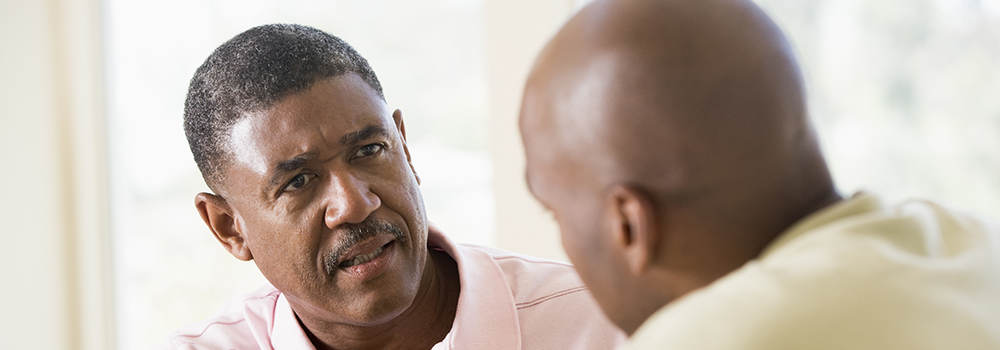Listening is an underrated skill in addiction recovery. What many don’t realize is that listening is the foundation of pretty much every other interpersonal skill. Being a good listener improves your relationships because you are genuinely communicating with other people. Really listening to what others have to say makes them feel validated and they will appreciate you for it. Stronger relationships are critical for recovery because they reduce stress, improve your mood, give you a sense of connection, and help keep you accountable. Listening also helps avoid and resolve conflict. You can’t understand what someone else is angry about unless you are willing to listen. Finally, listening helps you learn new things. However, being a good listener is harder than it sounds. Here are some tips for doing it better.
Give Your Full Attention
First, give your full attention to whomever you’re talking to. This seems obvious but many–perhaps most–of us neglect it. Many people struggle with short attention spans. Things like smartphones have compounded the problem considerably. You may think that you’re the exception and that you can listen while scrolling. Not only is doing so a liability to your ability to listen actively, but it is just rude. The person you’re talking to knows you’re not really paying attention to them and that what they have to say is not a priority to you. Although you may hear the words that the other person is saying, you are most likely missing the subtext, intonation, and body language, all of which convey significant meaning. When you’re talking to someone, consider putting your phone down and really listening.
Be Curious
Too often, we listen just to be polite and not to hear what the other person has to say. Taking turns talking is not the same thing as having a conversation. Be curious about what the other person is trying to communicate. See if you can learn or better understand something. Approaching a conversation with curiosity helps you to pay better attention and let go of your preconceived script. Ask questions about what the other person says and listen to the answers.
Pause Before Responding
It’s common to think about what you’re going to say while the other person is talking. Unfortunately, this results in a decreased capacity to listen actively. Being preoccupied with your response implies that you don’t care what the speaker is saying, that you already know what they are going to say, or that you think what you have to say is more important. Sometimes people compose their replies ahead of time because they’re afraid of having nothing to say once the other person stops talking. In reality, such a pause is fine. Taking a moment to consider what was said, and even repeating it back to ensure you heard correctly, shows that you were paying attention and that you truly want to understand. Pausing before speaking demonstrates your willingness to respond mindfully, considering the other person’s perspective.
Looking for Support?
Listening is the foundation of good communication and good relationships. Like all important skills, listening takes practice and you can always improve. At Tree House Recovery of Portland, Oregon, we offer group therapy and team-building challenges as opportunities to improve interpersonal skills like listening and communication. These are just two aspects of our holistic addiction treatment program for men. To learn more, call us today at (503) 850-2474.




